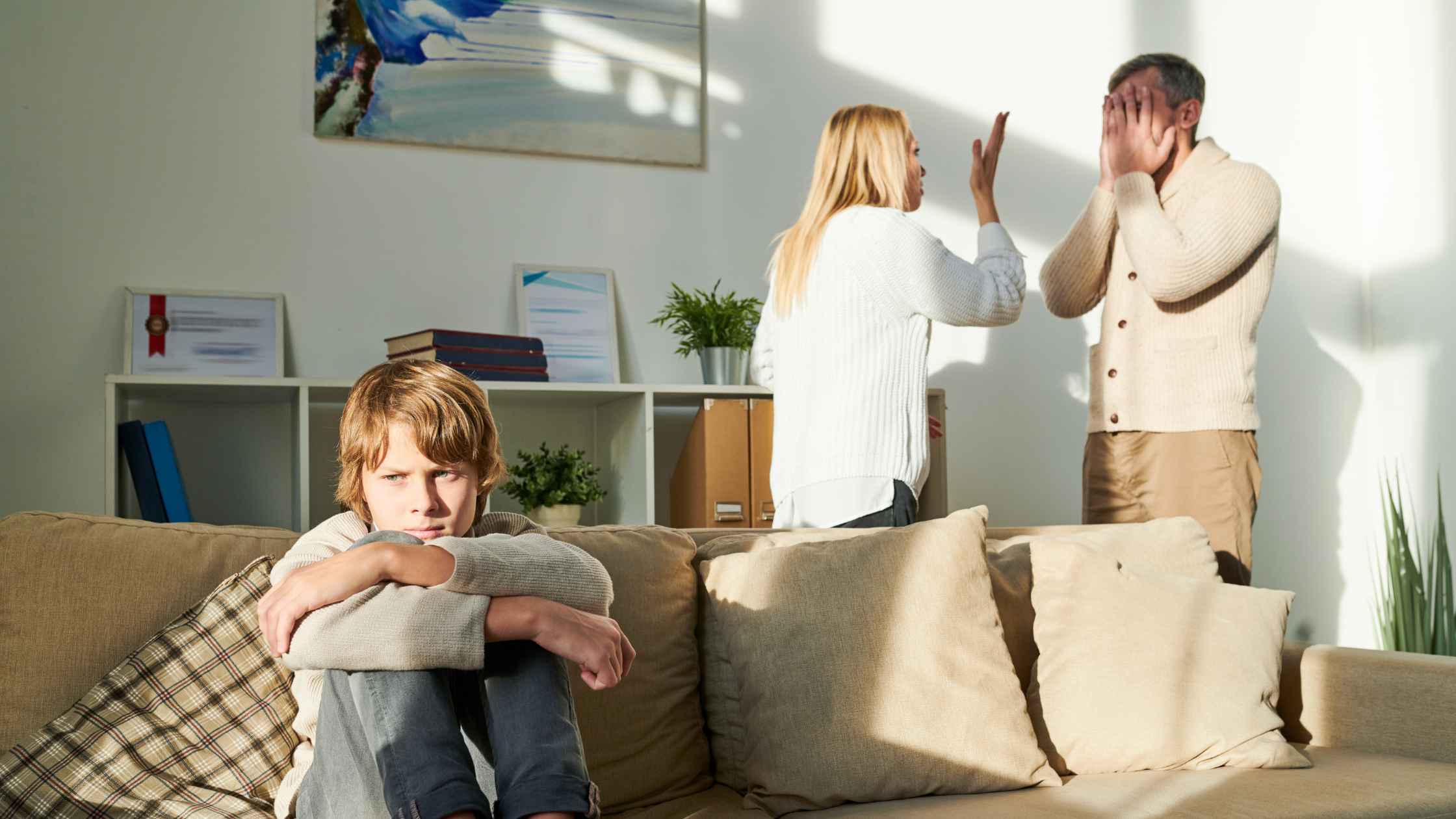As a parenting coach with over 15 years of experience counseling couples and families, I often get asked – what exactly constitutes bad parenting?
It’s a complex question with no clear-cut answers. However, over the years of working closely with parents from all walks of life, I’ve gained valuable insights into behaviors and attitudes that can negatively impact a child’s well-being and development.
In this comprehensive guide, I’ll share my professional understanding of bad parenting, common red flags to watch out for, statistics around its prevalence, and most importantly – how we can avoid falling into these detrimental patterns.
Understanding Bad Parenting
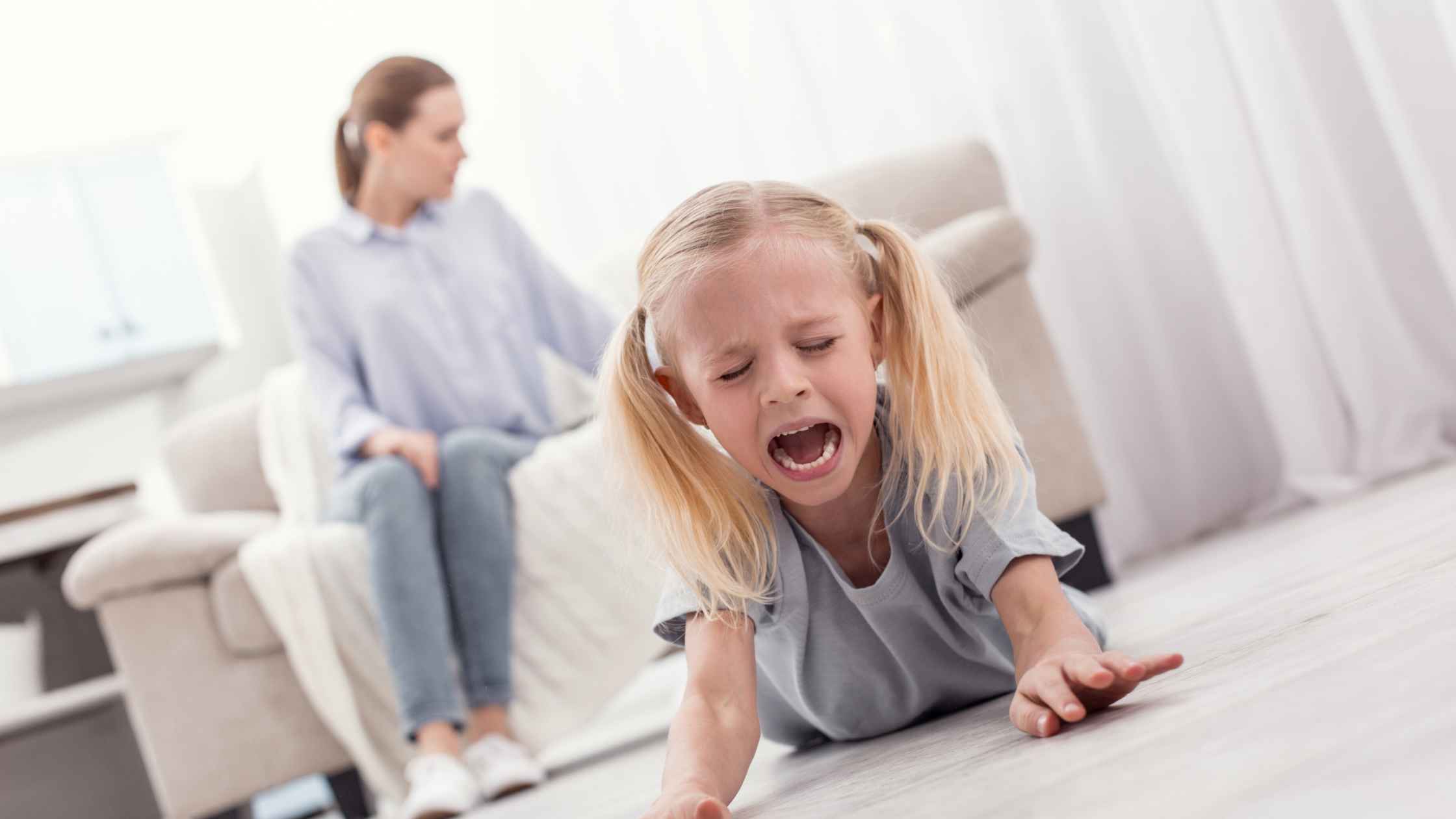
At its core, bad parenting occurs when a parent chronically prioritizes their own needs and interests above their child’s emotional, psychological, and physical well-being.
It manifests in behaviors that dismiss, criticize, intimidate, shame or exert excessive control over children. These patterns undermine a child’s sense of safety and self-worth.
While parenting missteps are inevitable, the key difference lies in the intent and consistency of the actions. Well-meaning parents can sometimes lose patience or react poorly in stressful situations.
However, if such behavior becomes the norm, it risks compromising a child’s self-esteem, resilience, and even mental health over time.
As a parenting coach, I’ve seen such detrimental effects first-hand in several clients. Many adults still carry childhood scars from emotional neglect, verbal criticisms, intimidations and other such experiences.
Hence, recognizing bad parenting signs early on and taking corrective steps is crucial.
Signs of Bad Parenting
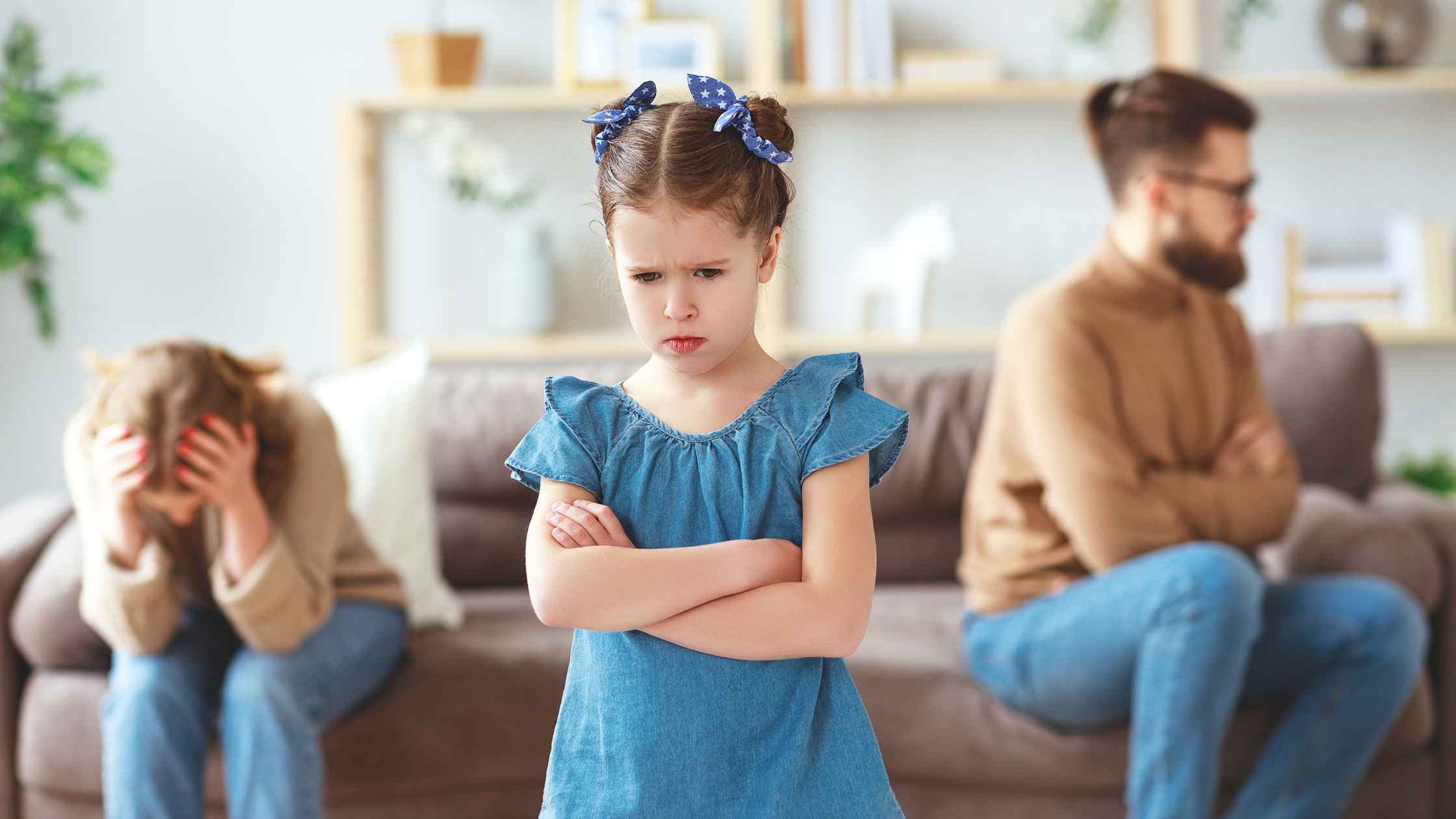
Recognizing the Red Flags
Here are some of the most common red flags I’ve observed over the years that may indicate bad parenting:
1. Demand for Blind Obedience
Authoritarian parents demand absolute obedience from children without explanations or empathy. This crushing style robs kids of the ability to think critically, assess situations and make sound judgments.
As a result, children either become people-pleasing actors or go to the other extreme of rebelling against each and every rule. Both outcomes hamper their self-confidence and decision-making capabilities as adults.
I’ve had several clients struggle with indecisiveness and the inability to voice opinions as adults due to such authoritarian upbringing.
2. Intimidation as Discipline
Using fear, threats and intimidation to discipline children often backfires. It teaches them to mirror the same punitive attitudes towards others.
Studies show children of parents who routinely rely on aggression are more likely to be school bullies or face harassment themselves. They also tend to struggle with emotional regulation and exhibit hostility in relationships.
In my experience, anger and aggression often stem from parents feeling out of control. Relying on intimidation provides temporary relief without teaching self-discipline. Over time, it brews resentment and psychological issues.
3. Controlling for the Wrong Reasons

While structure and supervision are important, some parents exert excessive control out of rigid expectations.
Demanding perfection, overscheduling activities and allowing little autonomy smothers kids instead of supporting growth.
Children under such authoritarian control become afraid of failure, struggle with basic decisions as adults and have trouble detaching from parents well into adulthood.
I’ve found calmly discussing expectations, giving appropriate choices and celebrating small wins helps balance discipline with nurture.
4. Lack of Monitoring or Control of Bad Behavior
Permissive parents often ignore or deny children’s problematic behaviors. They place few restrictions and are highly indulgent instead of proactive.
Studies show such undisciplined childhoods increase risks of breaking laws, substance abuse and antisocial tendencies as adults.
Children deserve compassion, but also structure, accountability and being taught important life skills like regulating emotions, resolving conflicts and contributing to the family.
5. Constantly Choosing Easier Over Better Practices
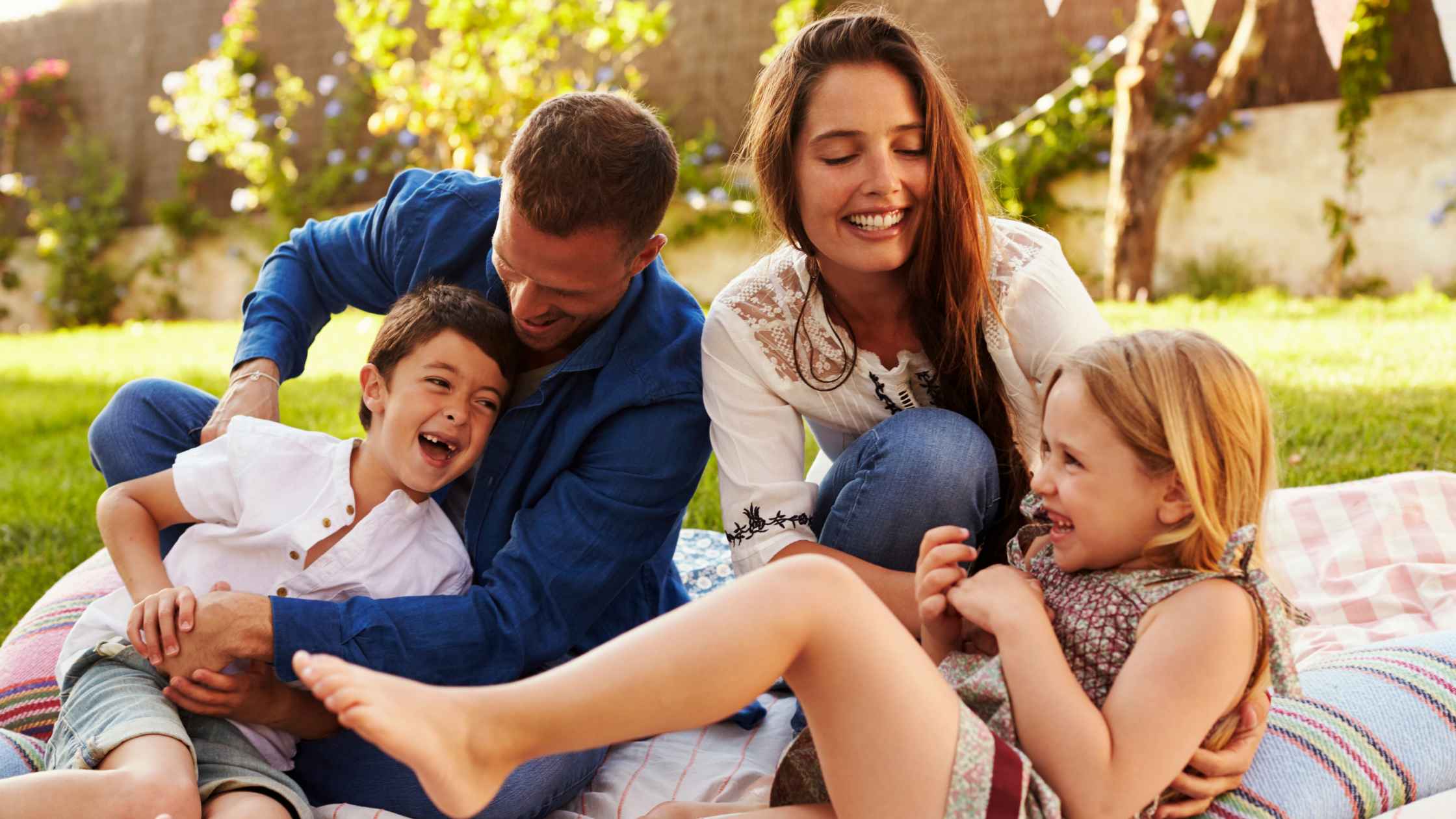
Daily parenting requires tremendous mental and emotional labor. When exhausted, we often slip into quick-fix solutions instead of ideal responses.
However, routinely choosing convenience over best practices teaches children unhealthy relationship habits. For instance, dismissing children’s concerns or using digital devices as pacifiers creates avoidant tendencies instead of resilience.
With empathy and planning, we can break these shortcuts. I advise clients to anticipate stressors and mentally prepare responses that align with their values.
6. Denying Responsibilities
When children demonstrate problematic behaviors, washing hands off any contributing factors is easier than acknowledging our role. However, acceptance is the first step towards change.
No child is born with innate aggression, apathy or disrespect.
As parents, our actions directly and indirectly shape their developmental trajectories. Denying accountability also denies them an opportunity to improve.
In my practice, I guide parents to neutrally but honestly evaluate their part instead of judging themselves or the child. It presents a collaborative problem-solving approach.
7. Lack of Self-Reflection

Self-awareness is the bedrock of positive change. When confronted with children’s concerning behaviors, reactive parents often blame external factors like peer pressure or genetics.
They fail to ask pivotal introspective questions – Do we model the values we wish to instill? Have we built a nurturing relationship that makes children receptive to our guidance? Does our discipline align with the misbehavior?
As a practitioner, I help parents examine their own beliefs, childhood experiences and current actions without self-judgment. It’s the first step to breaking intergenerational cycles of unhealthy parenting habits.
Why Does Parenting Matter?
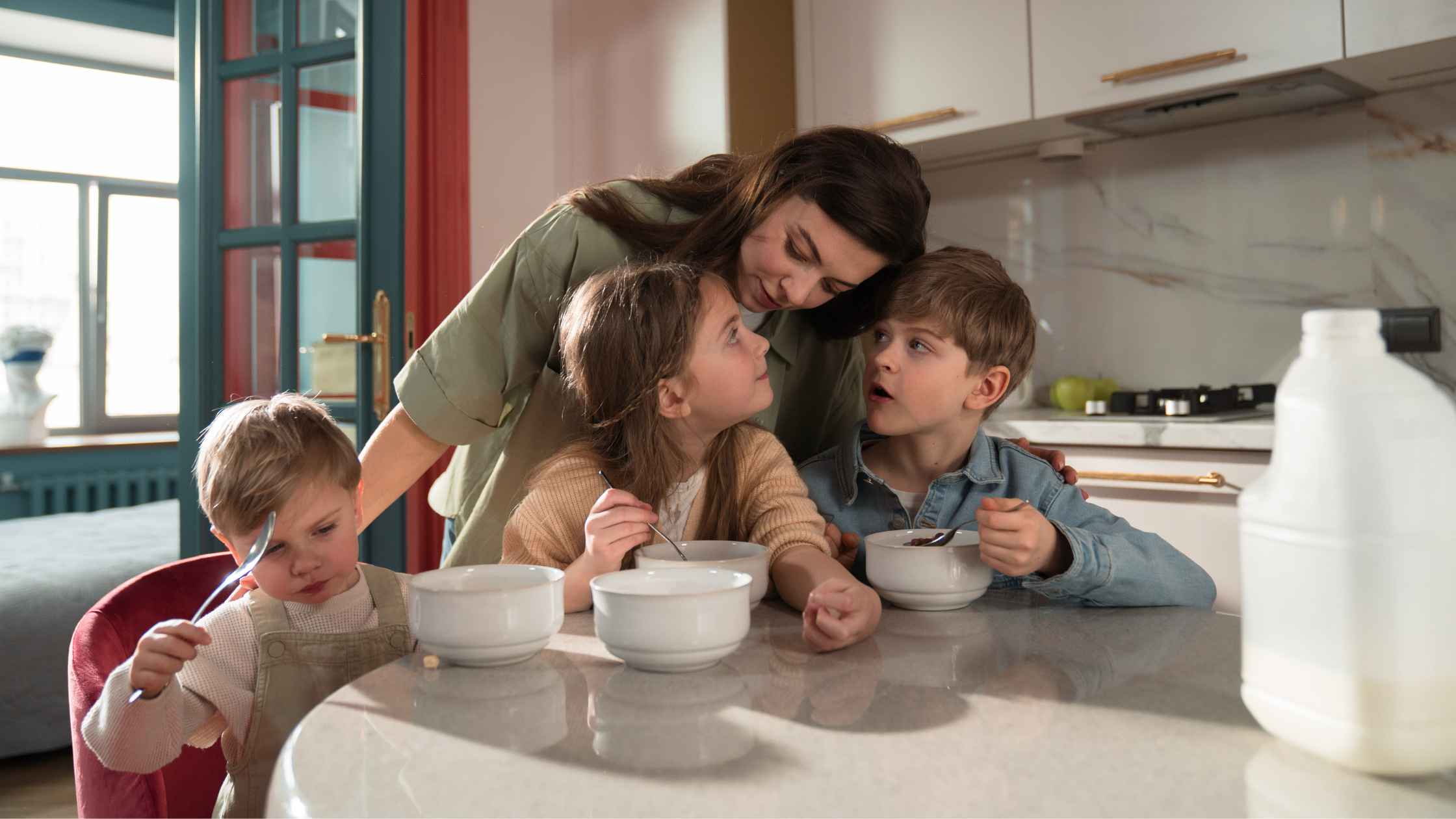
Decades of research conclusively show parenting quality profoundly impacts children’s self-esteem, worldviews, decision-making, mental health and adult life outcomes.
Bad parenting puts children at higher risk for anxiety, depression, aggressiveness, antisocial tendencies, substance abuse issues and other detrimental effects.
These psychological patterns often continue into adulthood, partnerships, and even into how victims parent their own children.
Hence, while positive parenting takes tremendous patience and effort, its life-long dividends for both parents and children make it worthwhile.
With self-awareness and commitment, we can interrupt the cycles of negative parenting in our families.
How Not to Define Parenting Quality

Debunking Misconceptions
When attempting to evaluate good parents versus bad parents, it’s important to debunk certain entrenched cultural misconceptions.
A parent’s behaviors alone do not indicate quality. Well-meaning parents overwhelmed by life’s stresses can react poorly despite good intentions. Similarly, seemingly gentle parents may ignore or enable behaviors that indirectly damage children.
The child’s outcomes alone don’t reflect parenting quality. Numerous external factors like genetics, tragedies and societal issues also shape human development.
Children raised by ill-equipped parents can still thrive through self-resilience. Meanwhile, strong parental support may fail to help children face mental health disorders or losses beyond their control.
Hence, designating bad parenting requires nuanced understanding of intent and consistency behind parents’ emotional, verbal and behavioral patterns towards children.
Their long-term impact reveals whether missteps reflect momentary mistakes or sustained dysfunction.
No parent is perfect, and an occasional poor reaction does not constitute bad parenting by itself.
But recurring toxic patterns stemming from unhealed wounds or willful neglect require urgent intervention to prevent lasting damage.
Statistics on Bad Parenting
While precise statistics on bad parenting are difficult to ascertain due to its complex nature, notable research suggests the following:
- About 16% of children experience emotional, physical or sexual abuse at the hands of parents, signaling deeply toxic parenting.
- 18% of parents demonstrate a permissive style marked by overall lack of boundaries and accountability for children’s actions.
- Harsh parenting practices like aggression and physical punishment directly correlate to lower self-control and higher aggressiveness in children. Adolescents exposed to such parenting are over 26 times more likely to engage in delinquent behaviors compared to peers raised with nurturance.
These startling statistics compel us to view parenting mindfully instead of through idealistic, guilt-ridden lenses.
We owe it to our children and society to promote environments where kids can healthily learn life’s complex nuances.
Who Can Decide Whether a Parent is a Bad Parent?
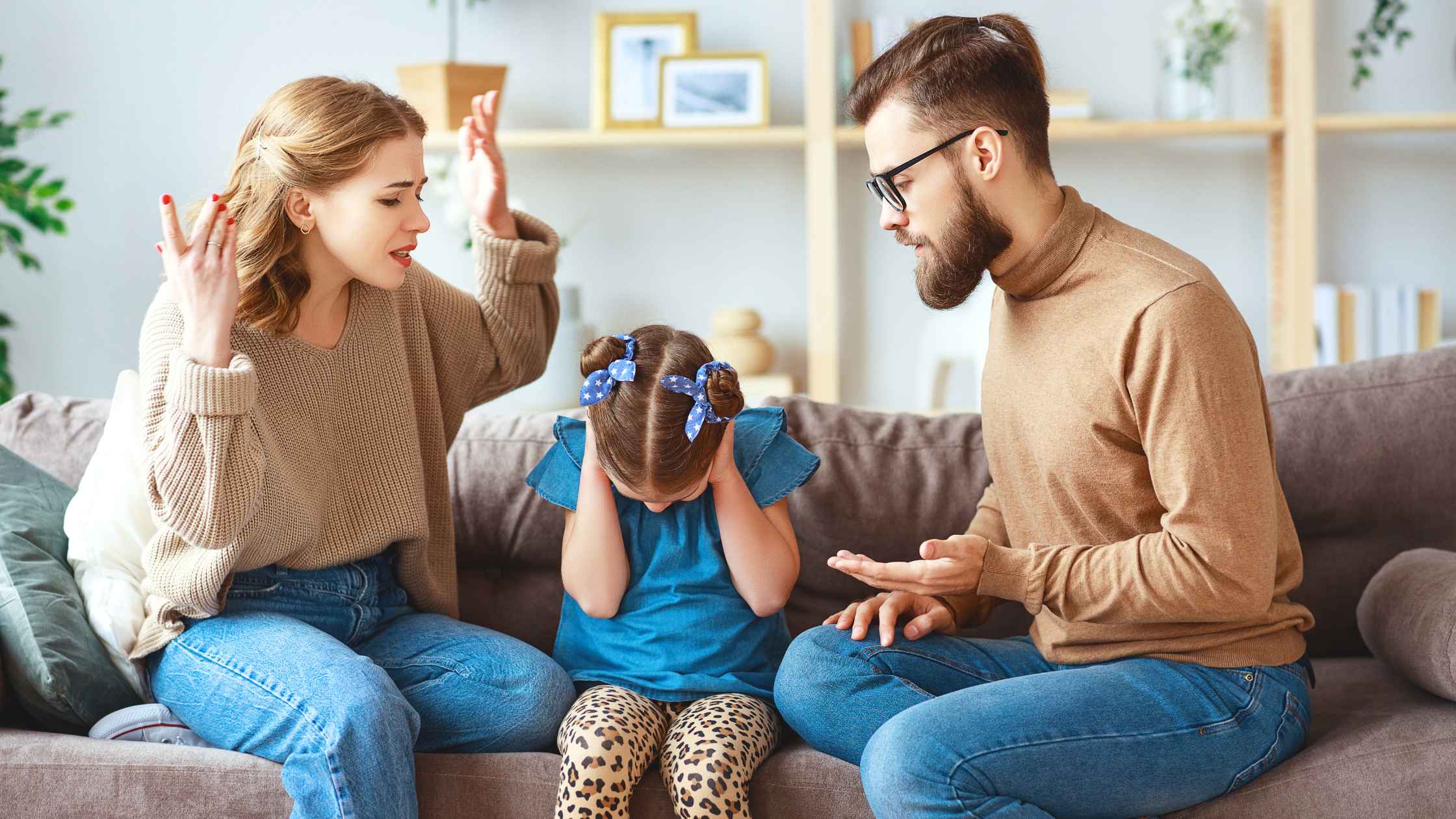
This dichotomous labeling of good versus bad parenting oversimplifies complex human relationships.
Rather than definitive judgments, I believe focusing on behaviors that nurture versus damage children serves us better.
As parents, we must hold ourselves accountable through honest self-appraisal and consistent improvement.
Simultaneously, I encourage compassion for the wounded inner child in those who parent badly.
While objective third-parties like educators and therapists can guide assessments, the most credible perspective on parents’ emotional impact comes from grown-up children reflecting on their upbringing.
Their lived experiences reveal whether parents’ mistakes formed rare lapses or sustained emotional neglect.
Hence, as children become adults, we must create safe spaces for them to transparently communicate their childhood experiences without fear of reprisal. Listening to theiraccounts with empathy can inspire positive change.
Final Thoughts on Bad Parenting
In my 15+ years as a parenting coach, I’ve seen well-intentioned parents cause significant emotional damage despite loving their children immensely. Like all skills, excellent parenting requires role models, knowledge and constant practice.
Without sugarcoating complex realities, my aim through this guide is to bring more awareness to unhealthy parenting patterns. The first step lies in neutrally identifying our own red flags instead of judging ourselves or others as villains.
On this introspective journey, I encourage you to show yourself the same gentleness and optimism you would a close friend. Our children need us at our emotionally wisest, not perfect.
As parents, we often overload ourselves with misguided societal pressures of having spotless homes, excelling careers AND raising prodigious children. Setting realistic expectations and sharing responsibilities can greatly ease this burden.
I also urge creating support systems to nurture personal growth amid life’s relentless demands. Whether through self-help books, counseling or parenting groups, we all need cheerleaders rooting for our growth.
As your children grow into adults, remember to self-reflect on your parenting journey with courage and humility. Seek their candid feedback without defensiveness. Implementing even small suggested changes can heal past wounds and strengthen family bonds.
Our children’s well-being and futures depend heavily on the emotional foundations we build. With compassion for ourselves and young minds, we can transform the trajectory of generations to come.
